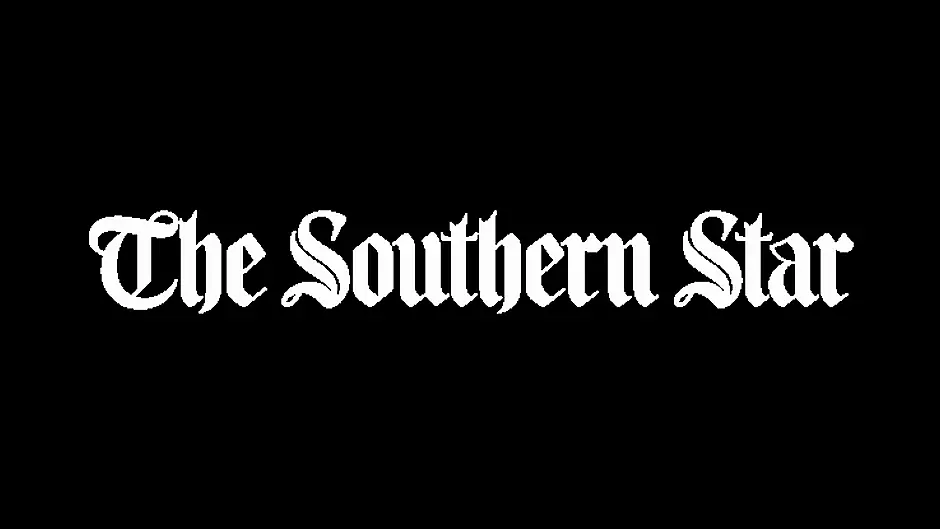A roll of honour – almost as beautifully illustrated as the Book of Kells – now bears the name of Baltimore man, Barry Ryan.
BY JACKIE KEOGH
A ROLL of honour – almost as beautifully illustrated as the Book of Kells – now bears the name of Baltimore man, Barry Ryan.
The 51-year-old who lost his life on the evening of June 30th 2015, while trying to save his son, Barry Davis Ryan and his son’s girlfriend, Niamh O’Connor – after they were swept out to sea by a freak wave – now lives on in a Roll of Honour housed at the Andrew Carnegie Museum in Scotland.
Representatives from the Carnegie Hero Fund travelled to Baltimore last week to present Barry’s widow, Ann Davis, and their two children, Arthur Davis Ryan and Charlotte Davis Ryan, with a citation and a certificate.
The occasion was an opportunity for the families to come together in the company of members of Baltimore RNLI, local divers, and members of the Civil Defence team, as well as friends from a community that did everything it could in the recovery of the deceased, as well as being an ongoing support to the living.
The citation, which was presented by Ian Wilson, chairman of the Carnegie Hero Trust, noted that Barry had been fishing on rocks near the Beacon in Baltimore with his daughter, Charlotte, whilst his son and his son’s girlfriend were also fishing.
They had been on the rocks for a while when a large wave hit them all and swept Barry junior and Niamh out to sea. Barry senior sent Charlotte to run for help and he jumped into the water in an effort to save Barry and Niamh.
Charlotte raised the alarm but although the lifeboat was launched quickly, Niamh and Barry senior were pronounced dead at the scene and the body of Barry junior was recovered several days later by divers.
Danny Kenny, Ann’s brother-in-law, said the ceremony at Casey’s Hotel in Baltimore, gave them an opportunity to thank everyone, as well as another opportunity to heal.
‘Sometimes,’ he said, ‘we simply don’t get the opportunity to thank others for their kindness, goodwill and support. Expressing gratitude costs nothing, but means everything. It is so appropriate to thank everyone who supported the family at their time of greatest need.’
Ian Wilson quoted Andrew Carnegie, a man who was twice as rich as Bill Gates is now, saying he believed: ‘The man who dies thus rich dies in disgrace.’ As a result, he contributed enormously to individuals and organisations throughout the world.
Mr Wilson said Andrew Carnegie established the fund, not to stimulate or create heroism, but to acknowledge that heroic action is impulsive and the true heroes of civilisation are those who have been killed in saving, or attempting to save, another human life.
To date almost 7,000 individuals have been recognised by the Hero Fund over its 110-year history, including Baltimore’s Barry Ryan.








